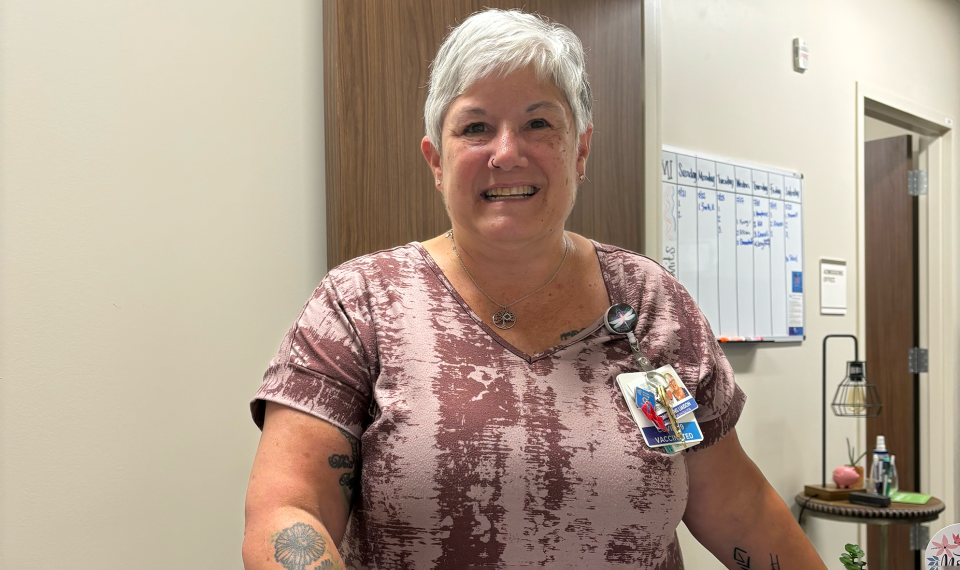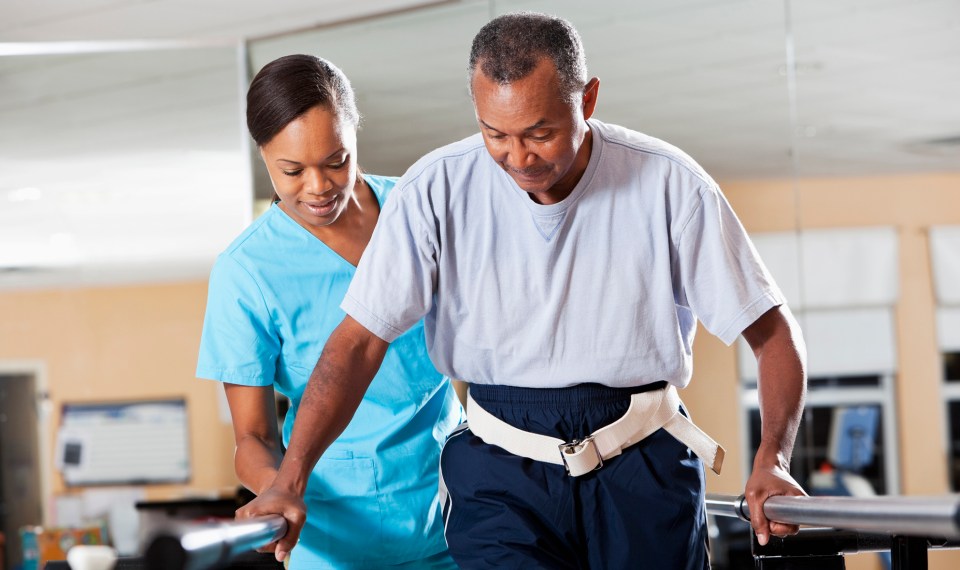There are 800,000 strokes each year in the United States, resulting in it being the leading cause of disability in adults. In the early period after a stroke everyone is optimistic and recovery tends to occur at a faster rate. As time goes on the return of function slows, and people may believe they are at a plateau.
At this point, you may be seeing your physician infrequently and feel relegated to a home exercise program, insurance having stopped paying for a therapist many months prior. Frustration sets in as you become discouraged that this is as good as you will get.
But, there is more to do.
- Determine why you are at a plateau. What is limiting you?
- Make a list of those things that are most important to you.
- See a rehabilitation specialist, physical, occupational or speech therapist to take a fresh look at what else can be done.
- You may have a reservoir of untapped abilities that can be tapped with another course of therapy directed at these specific issues.
- Create new goals and challenges.
- You may be at a plateau because of treatable depression, spasticity or fatigue.
- Adaptive equipment or home modification might allow you to function at a higher level. A visit by a home health therapist can result in home modifications to improve your level of function.
- Robotic assisted therapy and other technological advances may deliver a higher dose of therapy that might move you off of your plateau.
- Did your insurance company limit the number of therapy sessions after your stroke and you are now eligible for more therapy? Call your insurance company and see what you are eligible for at this time.
Live the famous Winston Churchill quote, “Never, Never, Never Give Up!”
The content of this site is for informational purposes only and should not be taken as professional medical advice. Always seek the advice of your physician or other qualified healthcare provider with any questions you may have regarding any medical conditions or treatments.



